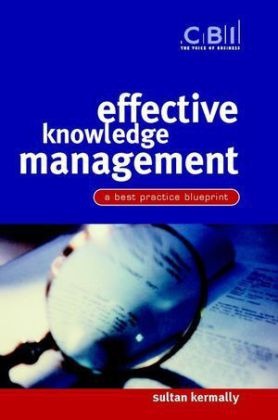Read more
Informationen zum Autor Sultan Kermally is an Economist and Chartered Marketer. He holds degrees in Geography, Economics, Sociology and Law, Diploma in Finance & Accounting, Diploma in Marketing, Certificate in Further Education, Certificate in on-line teaching and Certificate in Mentoring. He is a Fellow of the Chartered Institute of Marketing. He has conducted management training for well-known organisations in the UK, the Netherlands, Belgium, France, Italy, Greece, Austria, the Middle East, Hong Kong, Kyrgyzstan and Tajikistan. He has been teaching at undergraduate and MBA level for the Open University Business School, Durham University Business School, Chartered Management Institute, Oxford Brookes University and Laureate/University of Liverpool. For several years he held senior academic positions in Scotland and thereafter senior directorship positions at Management Centre Europe (Brussels), London Business School and the Economist Conferences (The Economist Group) based in London. At Management Centre Europe and again at the Economist, he spent some time working with well-known management gurus including the late Peter Drucker, Michael Porter, Tom Peters, Richard Pascale, Philip Kotler, Don Schultz, Rosabeth Moss Kanter, Tony Buzan and Benjamin Zander to name but a few. Klappentext The efficient and effective creation, transfer, sharing and management of knowledge remain on the critical business agenda. They are key methods of gaining and sustaining competitive advantage for relatively little financial investment.In fact, knowledge management increases in importance as the products and services of more and more companies exist as ideas and innovations. Knowledge management is equally applicable to the intangible and the tangible. The management of knowledge and therefore diversity also grows in significance the quicker and more complex organisations become. These issues are important for businesses both small and large, and this book has been written to address companies of all sizes.With effective knowledge management you can expect a reinvigorated corporate culture, an accessible pool of talent and creativity, a motivated and flexible workforce, loyal customers and more efficient systems and processes. This book will enable you to benchmark best practice, measure and leverage intangible assets, and implement quickly and effectively relevant knowledge management practices. It will be of particular interest for mid- to senior- level execs, owner-managers of SMEs, consultants, trainers and business advisers. Zusammenfassung Knowledge Management (KM) remains high on the critical business agenda. Inhaltsverzeichnis Series Foreword (Digby Jones) About the Author Acknowledgements Introduction: Managing Knowledge without Tears Best Practice Transfer: A Business Imperative Creating Organisational Knowledge of External Changes The Importance of Managing Knowledge Creating and Transferring Knowledge in Your Organisation: Focusing on Employees and Customers Technology and Knowledge Management The Leadership Factor and Knowledge Management Knowledge, Intangible Assets and Superior Performance Measuring Intangible Assets Knowledge Management in Practice: Making a Start A to Z of Managing Knowledge Further Reading 10 Useful Web Sites References Index...

